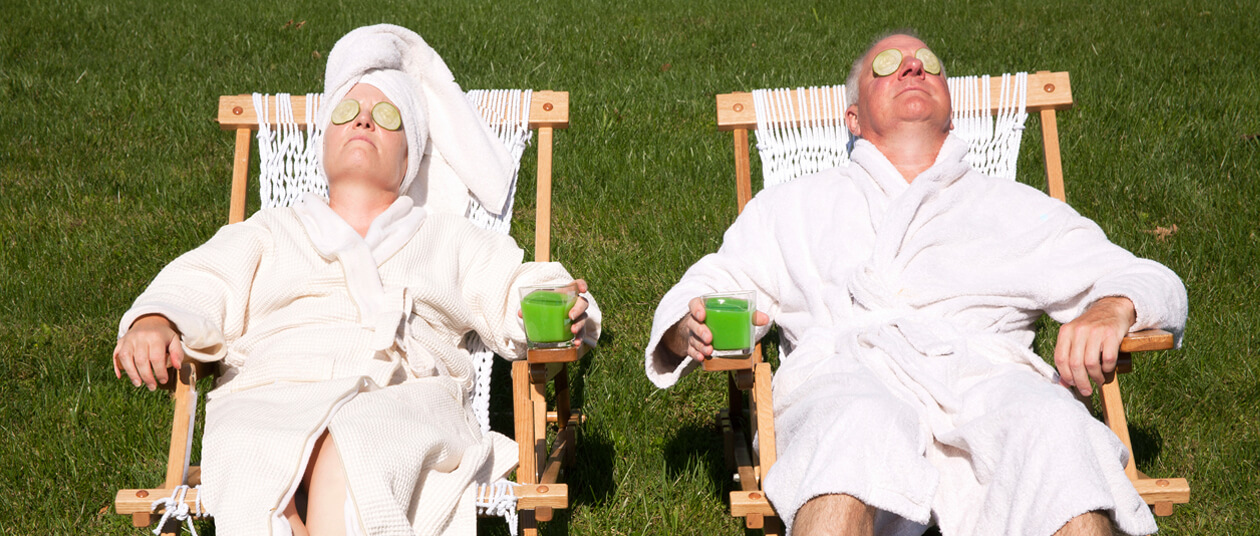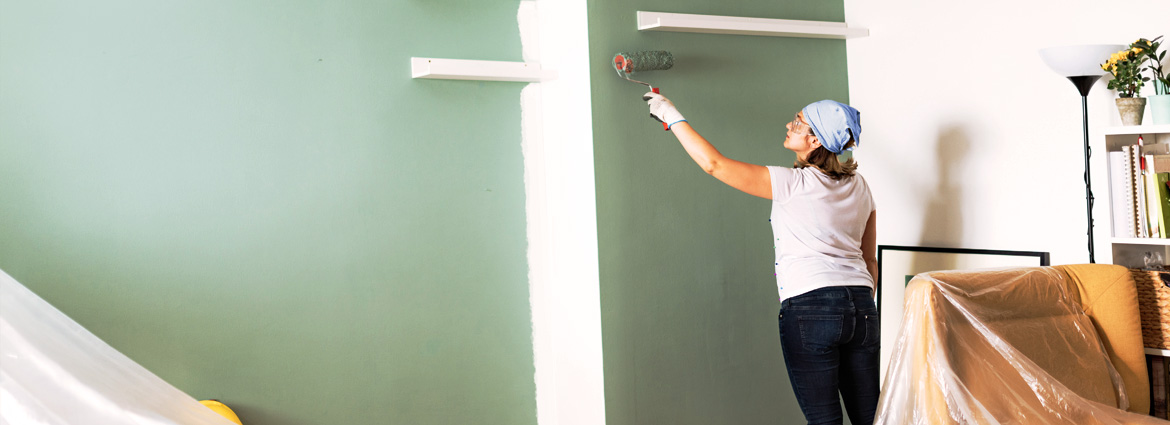Ahh, summer. The time of year when the weather is consistently warm and sunny enough for sandals and shorts – for the most part, at least – and the kids are out of school for a few weeks. It’s also the time of year when most people consider jetting off to a cool new country or tropical beach resort.
But if your finances aren’t in great shape, an extravagant vacation can set you back quite a bit. A 2012 summer vacation survey found the average North American vacation with lodging and meals cost $244 per day for two people. Add some kids and airfare in the mix, and a 10-day vacation to a destination like Honolulu could easily top $10,000 in 2017. Yikes.
Thankfully, staycations can be a just-as-good alternative for summer fun while saving you some dough.
What’s a staycation?
Staycations refer to a stay-at-home vacation. Sometimes it’s also called a ‘holi-stay.’ Staycations became popular during times of financial uncertainty as families began to say “no thanks” to expensive vacations.
A staycation is still helpful today if you want to keep tabs on your spending while planning for the summer. You save money by spending time at local or nearby locations, instead of traveling to more distant (and expensive) destinations like Mexico or Europe.
Is a staycation the right choice for me?
There are a few factors to consider when deciding whether to jet off or keep it local.
Time & Money. If you don’t have a week+ to take off for a vacation, a two or three-day staycation could be just what the doctor ordered. You’re not going far, after all. You also need to consider money, too. Based on your financial situation, a staycation could be a safer (read: wallet-friendly) bet. You can allocate the money you’d save towards other important financial goals.
Your Staycation Teammates. If you’re travelling with kids, explain the reasons why you’re choosing to stick close to home in a positive way, rather than positioning it as a second choice. Letting them have a say in the activities will make things a lot of fun for everyone. Just not all of the activities. Take time for yourself too – hello, at-home spa day.
Plan, Plan, Plan
Consider setting a budget for your staycation. You may not be going very far, but you can still over-spend. Figure out how much you can afford, and do your best to stick to it.
There are a ton of fun (and free) events happening all summer long. Chances are there’ll be an event or two in your area. We’ve put together a couple sweet lists of free summer events in Metro Vancouver and Vancouver Island to get you started.
Make Google your best friend. Hunt for money-saving opportunities like discounts, coupons, even free concerts. Your local newspaper will also have event listings, so be sure to check there too. Don’t forget to pack your own snacks and drinks to lower eating-out costs.
How to make your staycation feel like a vacation
Stick to the rules. Set firm rules to ensure you get both the money-saving and recreational benefits of your well-earned time off. Set a start and end date, unplug office technology, get out of the house, and don’t fill the time with chores or errands (you’ve been warned).
Make memories. Head to places you’ve never been to make your staycation special and memorable. And don’t forget to document your time with a few photos or Instagram pictures. And if you’re feeling particularly crafty, print a few out and scrapbook your memories with the kids back at home.
Fit in a near-cation. Consider adding a ‘near-cation’ by spending one night away from home at an affordable near-by location. This could be a campground, B&B, or hotel. But make sure it fits your budget.
Some final tips
Work ahead on your finances. If money challenges kept you from going on your annual Bermuda trip, take the time to plan ahead financially. This financial plan will also help you put aside the extra money you need for your travel plans next year.
Remember it’s all part of the plan. Paying for vacation and fun extra-curriculars are all part of your financial plan, which should consider a healthy balance of budgeting, debt reduction, reducing spending, and saving – including setting money aside for your next vacation. If you’re not sure where to begin when saving for the things that matter to you, we can help.



